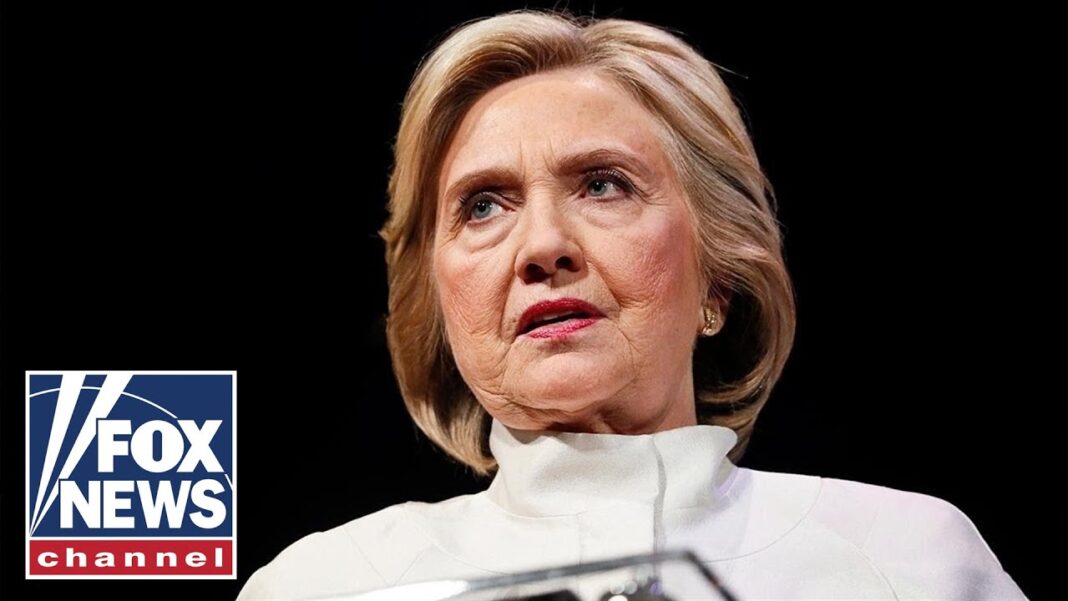The head of the U.S. intelligence community on Oct. 6 declassified a referral sent from the CIA to FBI Director James Comey in 2016, which Comey last week claimed to have no memory of receiving.
The three-page referral, released by Director of National Intelligence John Ratcliffe to members of Congress in partly redacted form, apprised Comey and FBI Deputy Assistant Director Peter Strzok that intelligence suggested that Democratic presidential nominee Hillary Clinton had approved a plan concerning the Trump campaign and Russia’s alleged hack of the Democratic National Committee.
In testimony before the Senate Judiciary Committee last week, Comey claimed not to remember ever receiving the referral.
Ratcliffe sent copies of the partly redacted, three-page referral (pdf) to the chairmen and ranking members of the House and Senate Intelligence Committees, alongside written notes (pdf) taken by CIA Director John Brennan.
Last week, Ratcliffe released a summary (pdf) of the contents of the documents, in which he alleged that Clinton approved the plan on July 26, 2016, and that Brennan’s handwritten notes concern a briefing he provided to President Barack Obama in late July. The information about the plan came from a Russian intelligence analysis obtained by U.S. authorities, according to Ratcliffe.
The Clinton plan was meant to distract the public’s attention from the Clinton email scandal, the CIA referral to Comey and Strzok states.
Brennan’s notes describe an “alleged approval by Hillary Clinton on 26 July of a proposal from one of her foreign policy advisers to vilify Donald Trump by stirring up a scandal claiming interference by the Russia security services.”
Brennan’s notes then show three bullet points from “POTUS”—an acronym for President of the United States—the only unclassified one of which states, “Any evidence of collaboration between Trump campaign + Russians.”
The notes also include a lengthier classified list of bullet points under the heading of “JC,” an apparent reference to the acronym for James Comey, suggesting that Brennan either briefed or was instructed to brief Comey.
In the summary letter last week, Ratcliffe noted that since the information came from Russian intelligence, it should be treated carefully with the potential that it’s either exaggerated or intentionally misleading. The timing and the content of the intelligence are nevertheless significant considering the context of the events that unfolded shortly before and after July 26, 2016.







